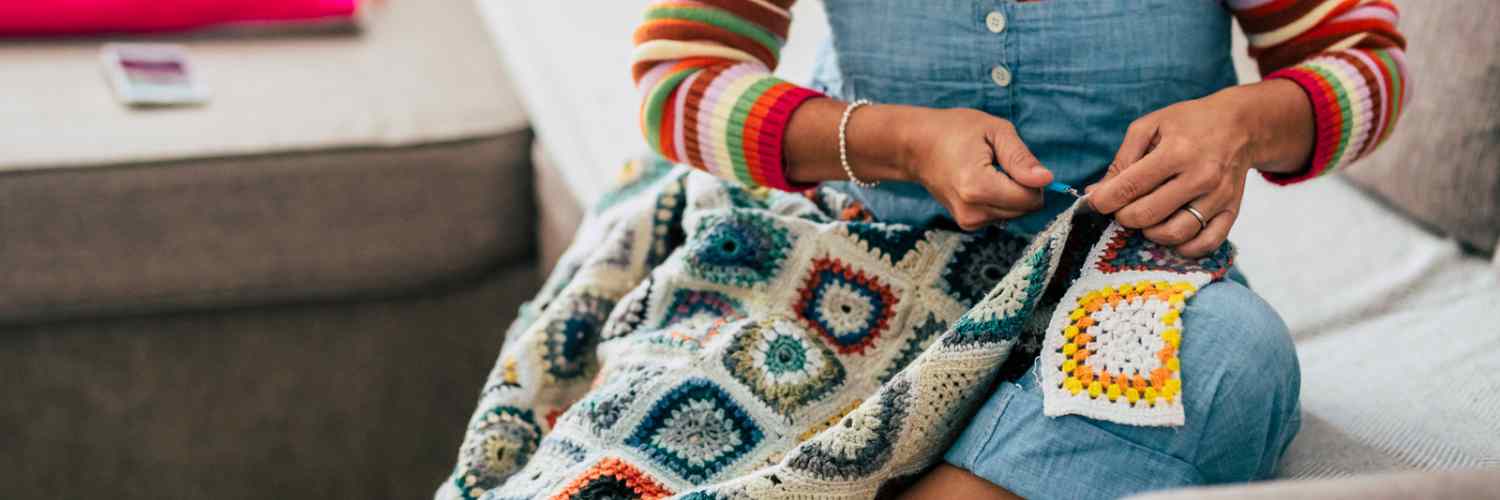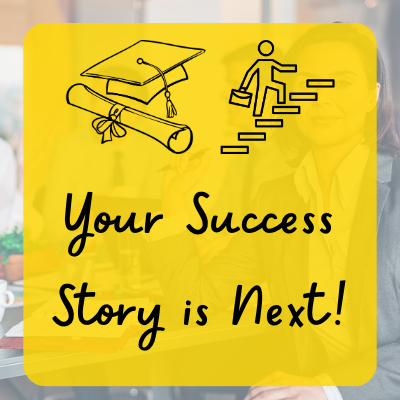|
The first career I remember ever desiring to become was a teacher. I grew up watching my mother be one at a few schools and found a home in the academic environment. Her work and identity as a teacher didn’t stop at school; you could see it from how she raised us to be learners and apprentices of knowledge. Unlike other students whose academic intelligence came naturally, mine needed extra effort. Since my sister was a class ahead, my mother ensured that during holidays, I read most of my sister’s school subject notes in preparation for the next term. Then, before tests, she would ensure I read the assigned portions repeatedly and ask me questions with pankere, a whipping cane, evoking the fear of God in me. This fear stirred prompt responses to her questions, and for the most part, I passed with flying colors. In junior secondary school, I took the home economics subject and, as a very hands-on person, enjoyed our practical classes where we made different sewing patterns and learned how to crochet. I would beg my mother to buy me yarn after yarn to practice. Finally, one faithful day, she decided to teach me how to crochet so I could stop wasting her money with my “practice” and littering the house with abandoned yarn strands. She often boasted of being an expert at it, and I didn’t believe it until she started teaching me simple patterns. At first, I wasn’t getting it right, but my fingers ran after my brain when she pulled her pankere close by. My hunger to observe, know and learn different things didn’t stop at knitting. In high school, I learned how to plait hair, and this money-saving skill returned handy when the pandemic stopped the world, and I was too afraid to go to the salon. Even post-pandemic, I would sit for hours unending, braiding my hair into satisfaction. I still help a few friends and family members care for their hair on weekends. I find it relaxing and like crocheting, a good practice of patience and attention to detail that applies to life. When I started SprinNG in 2016 and was too broke to pay anyone to design a website, create content, do marketing, and all, I learned how to do them. Nothing was perfect at the first attempt, but I would sit for hours, hungry to know, solve, and understand as many things as possible. I would stare at my laptop, moving a picture, a text, a button, a post, etc., until I figured it out. My journey with SprinNG is perhaps one of my most impacting career serendipities. In my spring 2016 semester, a professor asked us to attend a psychology-related conference where he connected me to the internship manager for summer opportunities. I followed up, but the person failed to inform me about a mandatory orientation that, if missed, would cost me the opportunity. As fate would have it, I called the day after the orientation and was informed that I couldn’t proceed. However, that same week, I connected with Kanyinsola, my long-time friend from high school, and we discussed the needs of Nigerian writers and the idea of SprinNG. That first college academic year, I was still wallowing in the misery that I didn’t study creative writing due to other people’s dissuasion. Now thinking about it, if I had studied creative writing, the challenges that Nigerian writers face may not have hunted me that much to forget the internship I lost and work on SprinNG quickly. Notably, my privilege as an immigrant to the United States would have closed my eyes to the existing challenges Nigerian and African writers face, despite being one. After graduating from Bronx Community College and transferring to New York University in 2017, I chose to study Psychology again. My mindset of academic pursuits was that you choose one path and keep studying it until you graduate. I had seen how peers who changed their majors or paths were judged, which terrified and prevented me from changing my mind. However, after discussing my goals and passions with my academic advisor, she asked me to read about the Organizational Behavior and Change major offered. I read the website page religiously, and it seemed like all the courses underneath that major were made just for me. At NYU, in the fall of 2018, I took a Career Management and Transitions course. One of the most eye-opening moments was when the professor shared how the average person changes jobs 12 times in their lifetime and dissected how we all won’t have a linear career path. Researching and reading further, I learned how many things we are being trained to learn in college are for jobs that don’t exist yet or may be outdated by our most active career years. Ultimately, the point of college was to learn the discipline to keep acquiring knowledge and evolving as the world changes. Hardly have I found a mentor whose path was as non-linear as mine, but the first time I came across Robert Greene’s works and biography, I almost screamed my lungs out. He is the one I can most relate with! I do not believe in wanting to be like anyone else, but if I did, it would be him. Before becoming an author, Robert Greene estimates that he worked about 60 to 65 jobs, including as a construction worker, translator, magazine editor, and Hollywood movie writer. Likewise, between the ages of 19-24, I had worked over 15 jobs and internships combined: often doing 3-4 things simultaneously. I just wanted to learn, and if someone was willing to teach me something new, I would show up. Listening to his book Mastery felt like the career bible I needed long ago when I was filled with worries and doubts about my future. I have always believed it is a terrible question to ask a person, “What do you want to become?” This often leads to identity foreclosure, as Adam Grant describes in the last chapter of his book Think Again. Granted, I no longer desire to be a teacher nor fantasize about using patients’ stories as content if I became a psychologist. However, to believe one is on a path of failure if one doesn’t study or become a specific thing or follow a path clear to others is dangerous.
When people ask for career advice on what they should become or must do next, while there are all these tests and consultations that could narrow down one’s guesses or options, sometimes, anything and everything that positively impacts one’s life and the world, that a person is capable of doing well in the current moment and learning more of, is a perfect answer. Late last year, during brunch, a friend said something I have hung on to, “We live forward and make meaning of life backward.” With each success and failure these days, I realize how life is coming together and making meaning for me, and I find delight when it does for others. I am thankful for the gift of patience and time as it connects the dots and gives meaning we often can’t see or understand in the present moment. Notably, I can look at life with more contentment, intent, and peace because I now see how it is a quiet and perfect serendipity in hindsight.
0 Comments
Leave a Reply. |
Contact us at [email protected] for further information and we will respond as soon as possible.
© Copyright Imole Consulting - All rights reserved
© Copyright Imole Consulting - All rights reserved





